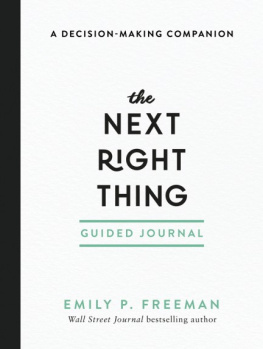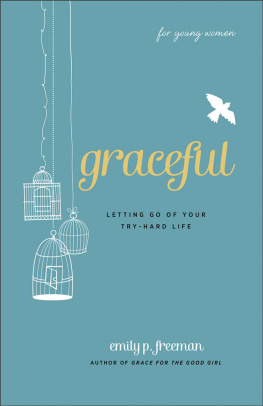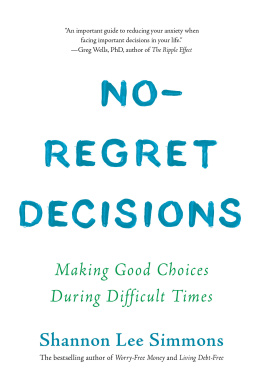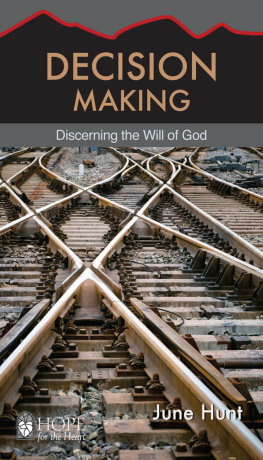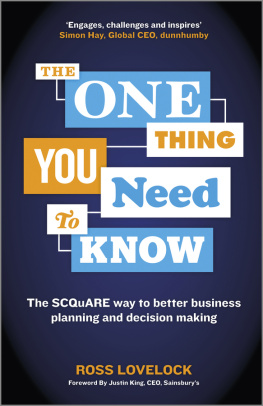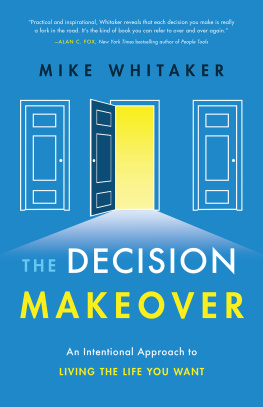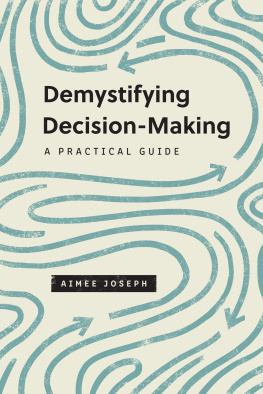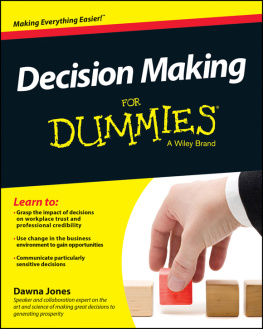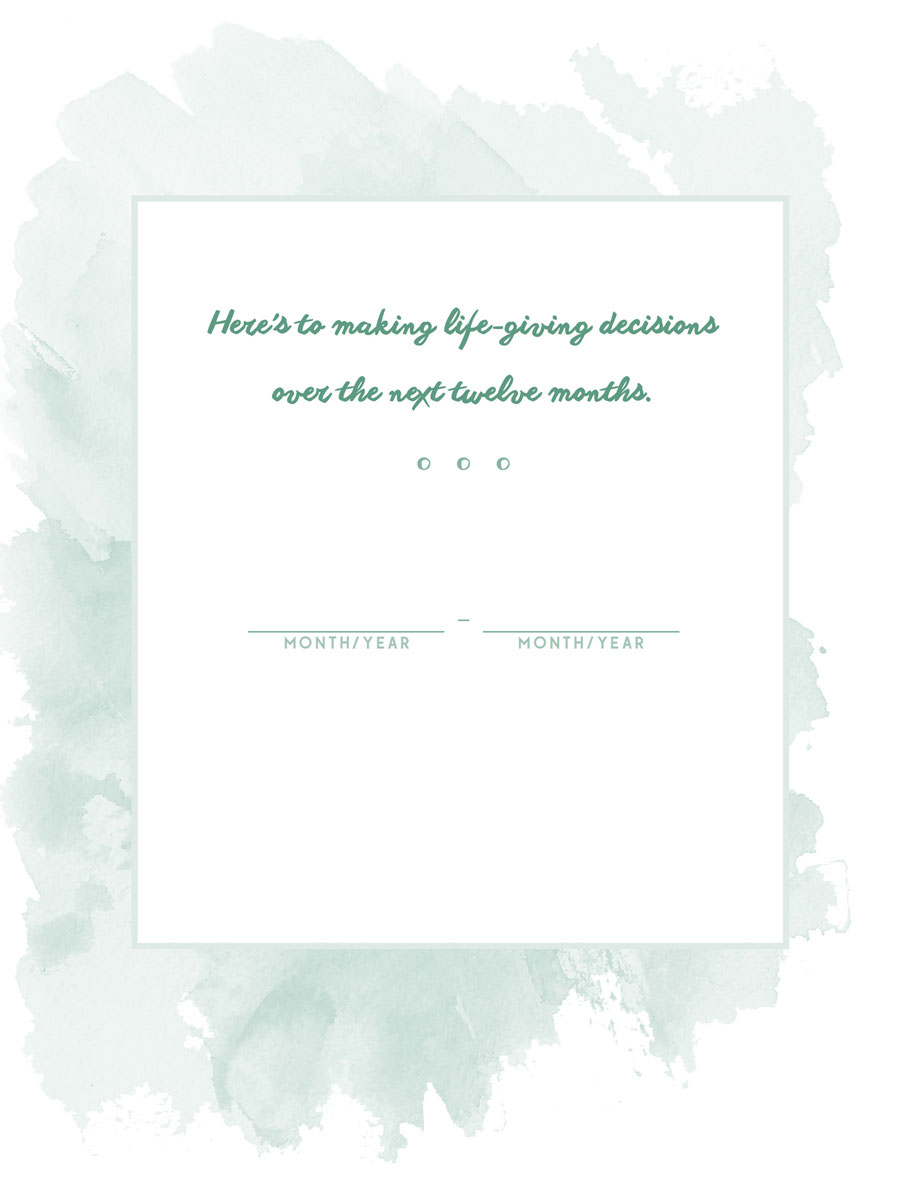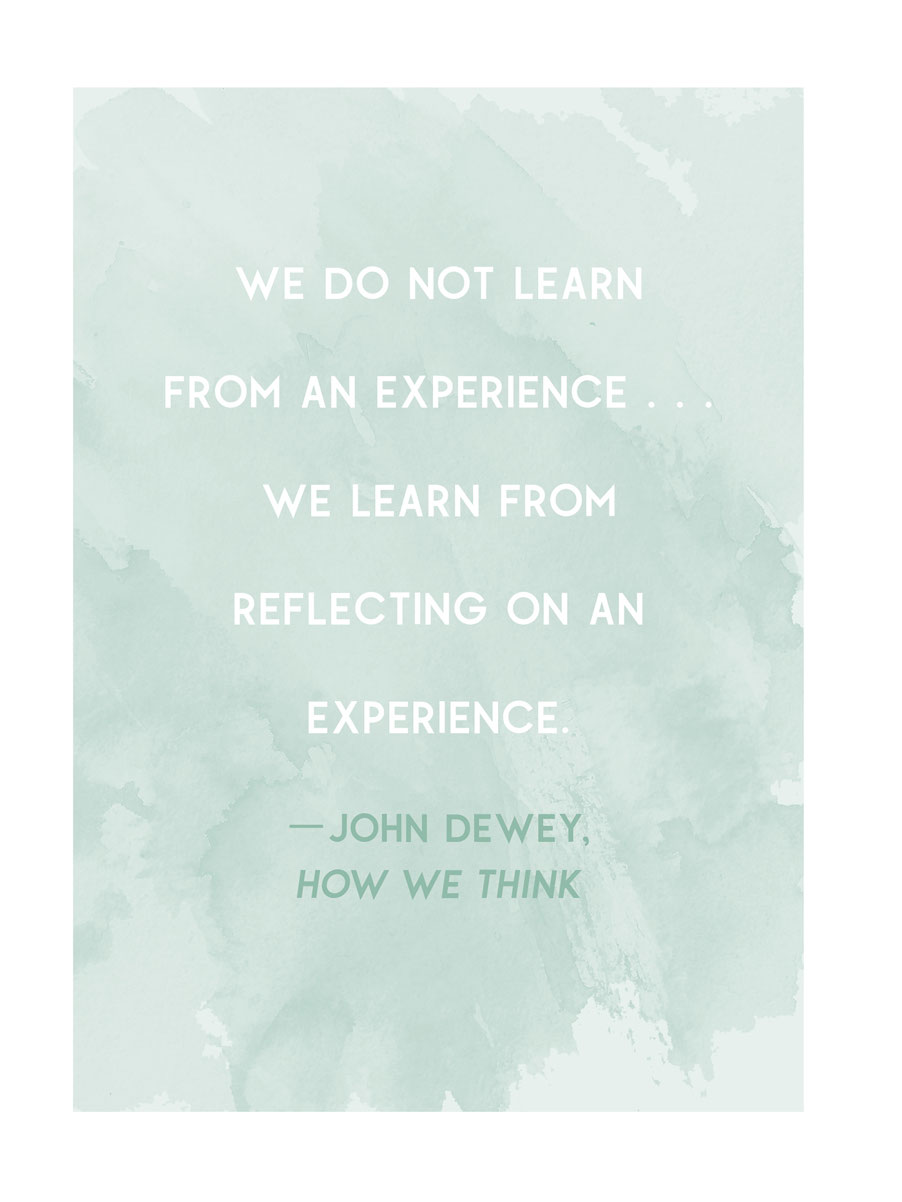2021 by Emily P. Freeman
Published by Revell
a division of Baker Publishing Group
PO Box 6287, Grand Rapids, MI 49516-6287
www.revellbooks.com
Ebook edition created 2021
All rights reserved. No part of this publication may be reproduced, stored in a retrieval system, or transmitted in any form or by any meansfor example, electronic, photocopy, recordingwithout the prior written permission of the publisher. The only exception is brief quotations in printed reviews.
978-1-4934-3009-3
Unless otherwise indicated, Scripture quotations are from the New American Standard Bible (NASB), copyright 1960, 1962, 1963, 1968, 1971, 1972, 1973, 1975, 1977, 1995 by The Lockman Foundation. Used by permission. www.Lockman.org
Scripture quotations labeled NIV are from the Holy Bible, New International Version. NIV. Copyright 1973, 1978, 1984, 2011 by Biblica, Inc. Used by permission of Zondervan. All rights reserved worldwide. www.zondervan.com. The NIV and New International Version are trademarks registered in the United States Patent and Trademark Office by Biblica, Inc.
Some content in this book has been adapted from Emily P. Freeman, The Next Right Thing (Grand Rapids: Revell, 2019).
The author is represented by Alive Literary Agency, 7680 Goddard Street, Suite 200, Colorado Springs, CO 80920, www.aliveliterary.com.
Contents
Introduction
JUST DO THE NEXT RIGHT THING
No matter how old you are or what stage of life youre in, you will always have decisions to make. Some of those decisions will have noticeably life-changing consequences or life-shaping outcomes, but many of them will seem tiny and rote. The daily choices you make arent always monumental, but they are always there. In fact, its estimated that adults make over thirty-five thousand decisions every single day. One by one, those decisions are quietly, steadily making your life.
As each day rolls into the next, youre led through one life transition after anotherpotentially one fog after anotheralways looking for the clearings, always watching for hope, always listening for clues that youre headed in the right direction. Even the most grounded and professional among us can suffer from decision fatigue given the right set of circumstances.
When Im in a season of transition, waiting, or general fogginess, the best and most approachable advice Ive ever received is to simply do the next right thing. Authors Anne Lamott and Brennan Manning both have their own version of this advice, as do Martin Luther King Jr., Theodore Roosevelt, and Mother Teresa. For decades its become a common catchphrase spoken by coaches in locker rooms and leaders in boardrooms, and it is a lifeline for those in the recovery community. And while he didnt say this exact phrase (that we know of, anyway), Jesuss entire life was marked by living day by day, listening to and caring for those in his path, and simply doing the next right thing in love. The phrase has been such a fixed point for me that I started a podcast called The Next Right Thing where I dedicate each short, weekly episode to a thoughtful story, a little prayer, and a simple next right step for listeners.
We want to do the right thing but sometimes dont trust ourselves to know what the right thing is. We worry well choose the good but miss the best. Were concerned that maybe we are too late or too early. We fear well miss out, miss the boat, or miss the point. We overanalyze options, potentials, and possibilities. We consider what our family thinks, what our friends think, and what everyone else thinks we should do in a particular situation. Meanwhile, were suspicious of our own desire, fearing that what we want may not be what God wants. If only we could make life decisions with more confidence and clarity.
Before getting too caught up in the pressure to do the right thing, consider this: the beauty of doing the next right thing isnt necessarily found in the word right but in the word next. To do the right thing may sound easy in general, but in the midst of a foggy transition, it can be hard to know what that is. But to do the next right thing is more friendly, accessible, and hopefully possible.
If youre struggling through a transition, carrying a heavy bag filled with unmade decisions, or worried about choosing the right thing for your life whether youre fifteen, twenty-five, or fifty, this journal is here to serve as a fixed point for you through every decision-making season of your life.
After the release of The Next Right Thing book, I heard from readers and friends who said they loved the prayers and practices at the end of every chapter but wished they had a place to record their progress, capture seasonal reflections, and explore on a more personal level the impact their decisions were having on their everyday lives. Not only did I nod my head in agreement, but these requests served as an invitation for me to dive even deeper into my own practice of weekly, monthly, and seasonal reflection.
Intentional list-making is a key part of my own decision-making process, and for years I had several different journals for capturing these different kinds of lists and reflections. But if theres one thing I know for sure, its that when were suffering from chronic hesitation or decision fatigue, the last thing we need is a stack of half-used blank journals to choose from. We need prompts, guidance, and a dependable place to make a list. Essentially, this is the tool Ive always wished I had, a guided journal for decision-making all in one place.
Why Use This Journal
This journal is not a daily planner for your to-do lists, and neither is it a goal-setting workbook for you to record your progress. Instead, its a companion for life-giving decision-making, and it is rooted in reflection.
One common mistake we make when we have the desire to make good decisions is that we try to peer into the future to discover what it might hold, what the outcomes we want to achieve are, and what roadblocks we wish to avoid. This is a natural tendency and is often what were encouraged to do. The only problem is the future hasnt happened yet, so how can it possibly teach us? Instead of looking ahead and guessing about outcomes, lets look back and gather information. The best indicator of life-giving decisions for the future is paying attention to choices weve made in the past.
If you are a person who loves that magical week between Christmas and the new year, this journal will be your new best friend. For many of us, that week is an in-between collection of days where a lot isnt expected of us in terms of our schedule, so we may have a little extra time to pay attention to our soul. We look back over the year, think over what was good and not so good, and consider how we want to move into the year to come. What a beautiful practice. Unfortunately, while that week of reflection is helpful, it may be the only time we intentionally reflect all year.
Essentially, in this journal well take the posture of that final week of the year and spread it out over the course of twelve months. And by the way, this can be any twelve months. You may pick up this journal in January and work through it until December. But if you start it in April or September, that will work just as well. Think in terms of ninety-day blocks rather than particular months of the year, and youll be just fine.

